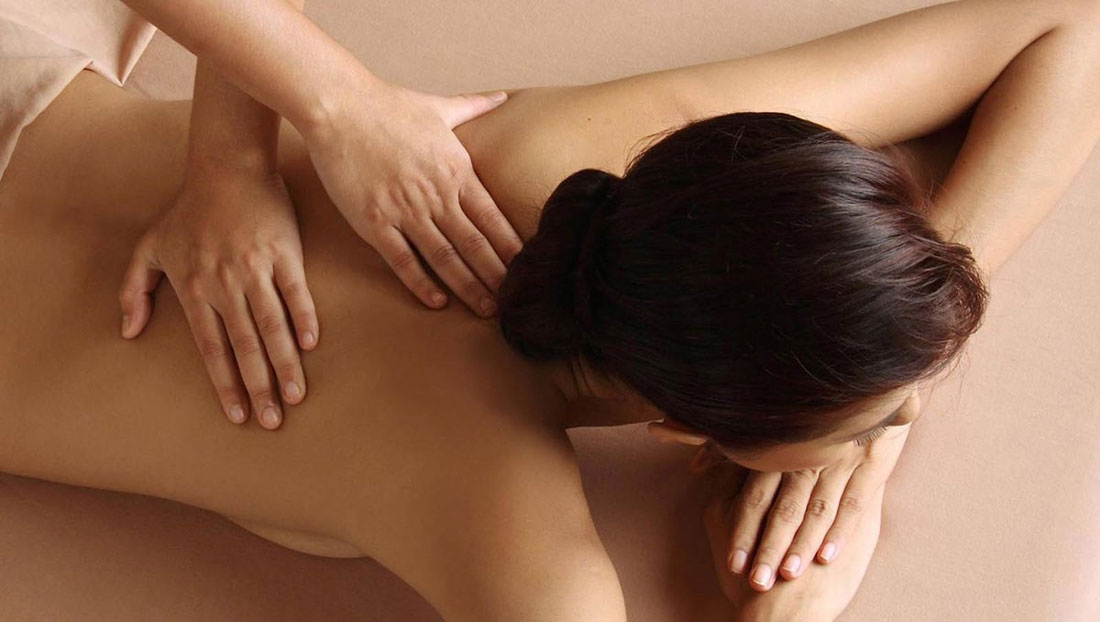In subjects undergoing alcohol detoxification, massage therapy decreased the symptoms of alcohol withdrawal, reduced pulse rate and encouraged greater engagement in the treatment process, according to recent research.
“Massage Therapy Improves the Management of Alcohol Withdrawal Syndrome” was conducted by staff of Royal Brisbane Hospital Alcohol and Drug Services, Queensland University of Technology School of Psychology and Counseling, and the University of Queensland, Australia.
How the Study for Alcohol Withdrawal Syndrome was Conducted
Twenty-five subjects were assigned to the massage group, and 25 were assigned to a control group. All 50 participants had been admitted to an alcohol and drug detoxification unit. Forty-one were males and nine were females, with an average age of 43.8 years.
Subjects in the massage group received a 15-minute, bedside back, shoulder, neck and head massage, fully clothed, once a day for four days. Subjects in the control group rested for 15 minutes per day for four days. Patients were discharged at the end of the fourth day or on the fifth day, after detoxification.
Outcome measures were pulse rate, respiration rate, Alcohol Withdrawal Scale scores, and subjects’ responses to a questionnaire assessing the treatment process.
Results of the Alcohol Withdrawal Syndrome study showed that, as the treatment ensued, both groups had reduced scores on the Alcohol Withdrawal Scale. However, the reduction of Alcohol Withdrawal Syndrome scores in the massage group was significantly greater than those of the control group.
Pulse rate was significantly reduced in the massage group as compared to that of the control group, and respiratory function was greater in the massage group at the end of the four-day intervention.
“On a day-to-day basis, the strongest impact of massage on [Alcohol Withdrawal Scale] scores and pulse rate was post-massage day 1,” state the study’s authors. “The initial period of detoxification is physically demanding and increasing patient comfort at this time is important.”
The study also showed that people in the massage group responded to the questionnaire at a significantly higher rate than those in the control group. Eighty-six percent of subjects who reported that their meals were enjoyable were in the massage group, and 100 percent of those who reported feeling safe were in the massage group.
“The subjective experience of patients reflected those receiving massage therapy feeling more engaged in the treatment process,” state the study’s authors. “The qualitative data indicate that most of the individuals who reported feeling supported, safe and having an improved appetite were in the massage group.
“In conclusion, this study suggests that there may be a place for massage therapy in the alcohol detoxification process.”
— Source: Royal Brisbane Hospital Alcohol and Drug Services, in Brisbane, Queensland, Australia; Queensland University of Technology School of Psychology and Counseling, in Carseldine, Queensland, Australia; and University of Queensland Department of Psychiatry, Southern Clinical Division, School of Medicine, at Princess Alexandra Hospital, in Wooloongabba, Queensland, Australia. Authors: Margaret Reader, R.N.; Ross Young, Ph.D.; and Jason P. Connor, Ph.D. Originally published in The Journal of Alternative and Complementary Medicine, April 2005, Vol. 11, No. 2, pp. 311-313

